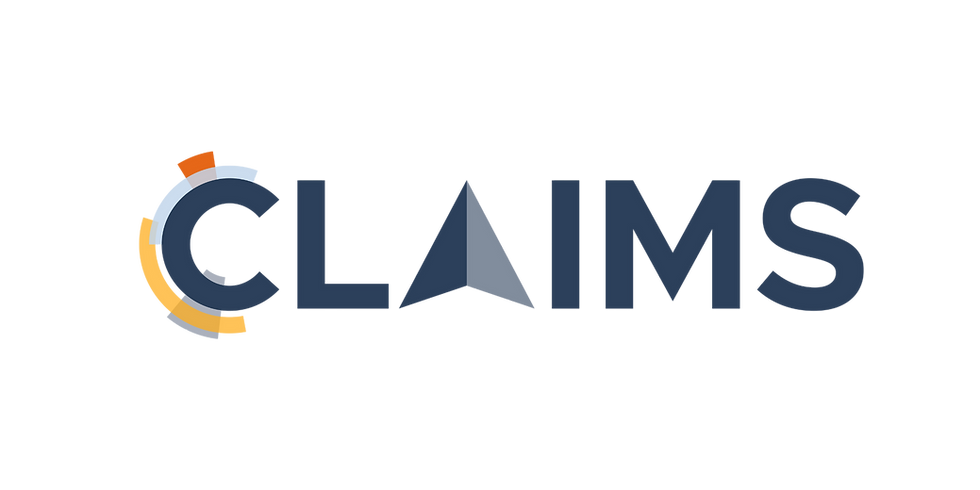Advancing Precision Medicine through Big Data and Digital Technology
- Milan Walraevens
- Jun 27, 2023
- 4 min read
Jun 27, 2023
Revolutionizing Neurology: Advancing Precision Medicine through Big Data and Digital Technology
The utilization of clinical and population health data from real-world settings has emerged as a fundamental element in driving healthcare forward in the field of neurology. With advancements in technology and analytics, harnessing this power of real-world health data is now crucial to extract tailored and meaningful insights to generate evidence based decision models and tools contributing to precision medicine and enhancing clinical research. This paradigm shift has been acknowledged and embraced by the European Academy of Neurology (EAN), which has selected the theme "Neurology beyond Big Data" for its upcoming conference from July 1-4.
Multiple Sclerosis (MS) is likely one of the key examples of a neurological disorder where such data-driven insights can have a transformative impact on patient care and management. Despite the availability of 20 disease modifying treatments (DMTs), the large heterogeneity of the disease, further complicated by the high prevalence of comorbidities and multipharmacy, as well as the limited understanding of the working mechanisms of DMTs thereon, results in a poor and variable treatment response in a real-world setting (Hult, 2017). In order to get all people with MS (pwMS) on the optimal treatment as soon as possible, better insights into clinical and subclinical biomarkers and the relation to treatment response is vital.
icometrix prides itself for active partnerships in groundbreaking collaborative research projects which aim to enhance patient care in MS and advance healthcare systems. As such, we are delighted to share insights into two major collaborative research initiatives that focus on the validation and development of such digital technologies to extract clinically meaningful biomarkers and generate data-driven insights. Both studies will assess the feasibility of the implementation of these digital solutions in daily clinical routine as well as assess the potential impact on improved patient outcomes. Information about the scope of each individual project is described below.
AssistMS project
The AssistMS project aims to investigate the impact of AI analysis of MR images on decision making, clinical outcomes and health economics in the care of pwMS. Hereto, icometrix, & Queen Mary University of London received a prestigious AI Award from the National Institute for Health and Care Research (NIHR) to conduct such a study. The project will be rolled out in 3 centers.
The project focuses on the reporting of brain MRI by neuroradiologists in routine clinical practice. MRI is much more sensitive than clinical indices, and detecting disease activity early enables changing DMT such that MRI-detectable disease activity does not lead to clinical deterioration. In this context, the regulatory cleared AI software solution icobrain ms will be used to assess subtle changes on brain MRI scans, and the impact of reading using the icobrain ms solution compared to standard visual assessment will be evaluated in terms of detection of disease activity, clinical outcomes, and resource utilization. The study will run for three years, with intermediate results expected at the 12 and 24 month intervals. This study will enable the real-world testing of icobrain ms as a tool to improve patient care, as well its health-economic impact on the healthcare system.
CLAIMS project
The CLAIMS project is a public-private partnership of about 10 million euros, aiming to realize a companion diagnostic platform supporting the assessment and specification of disease worsening in MS, and making data-driven precision medicine a reality for pwMS.
The project will build upon clinical trial data of pharmaceutical companies and real world data of 6 top medical sites across Europe to develop, validate, and submit for regulatory approval a companion diagnostic platform. The platform will offer the MS care team a holistic view of the patient through the visualization of clinical and subclinical biomarkers and the prediction of the expected disease trajectory under different treatments. icometrix’ regulatory cleared icobrain ms solution for quantitative MRI biomarkers, and the regulatory cleared patient app icompanion will serve as cornerstones for the platform. In addition, biomarkers based on optical coherence tomography (OCT) and evoked potentials (EP) will be added. CLAIMS will run for four years, and expected results include the development of new measurement tools for MR biomarkers, development of AI-based models for patient prognosis and treatment response predictions, as well as the integration and validation of this companion diagnostic platform for clinical use, which we expect will have a significant impact on care for pwMS.
Through these studies, we hope to establish and validate a comprehensive, data-driven care platform for pwMS. This precision medicine platform will provide clinicians with rich datasets to help make faster and more efficient clinical decisions, improving patient care and reducing the health economic burden on the healthcare system.
Acknowledgements
AssistMS is a project by icometrix in collaboration with Queen Mary University of London funded by the National Institute of Health and Care Research (NIHR) as a result of receiving the NIHR AI Award.
CLAIMS is supported by the Innovative Health Initiative Joint Undertaking (JU) under grant agreement No 101112153. The JU receives support from the European Union’s Horizon Europe research and innovation programme and COCIR, EFPIA, EuropaBio, MedTech Europe, Vaccines Europe, AB Science SA and icometrix NV.



